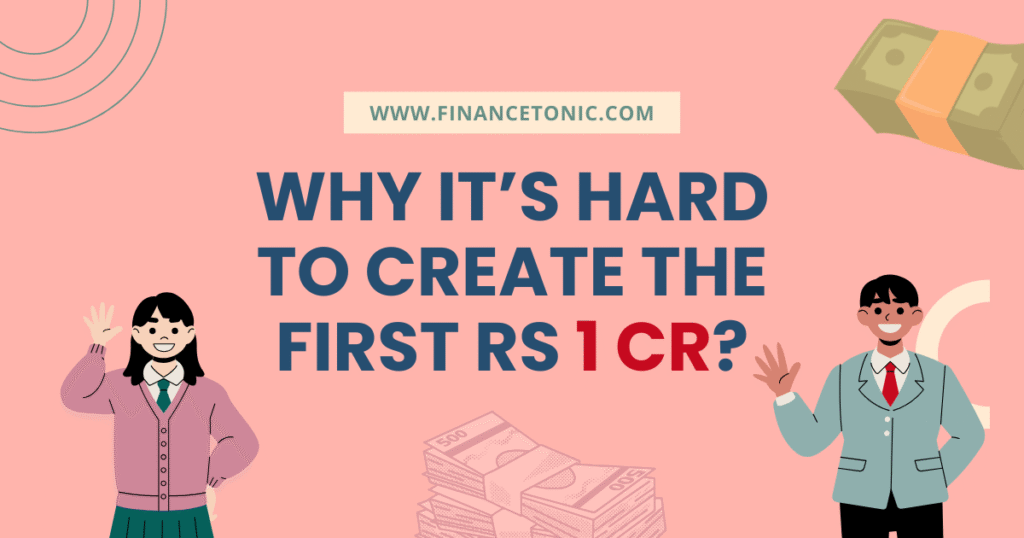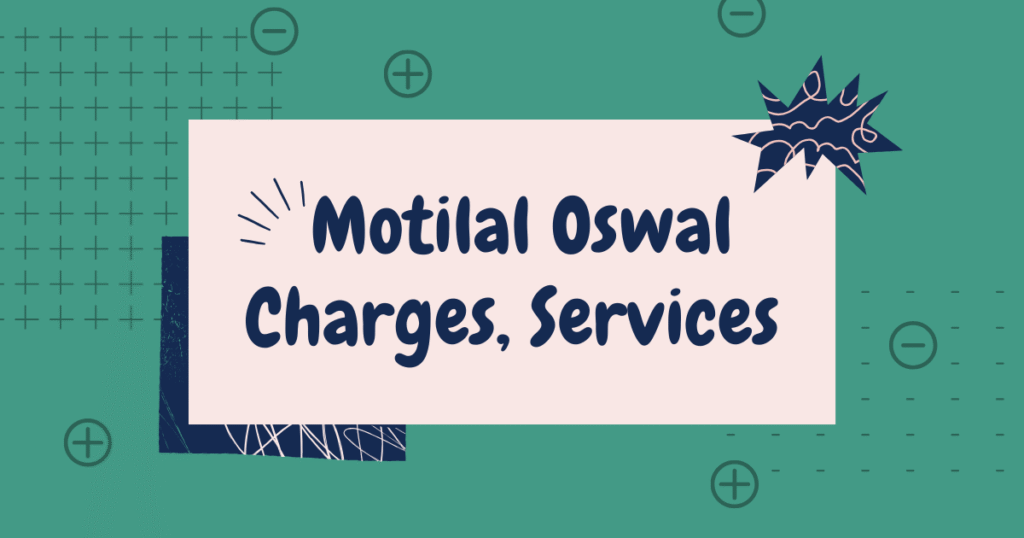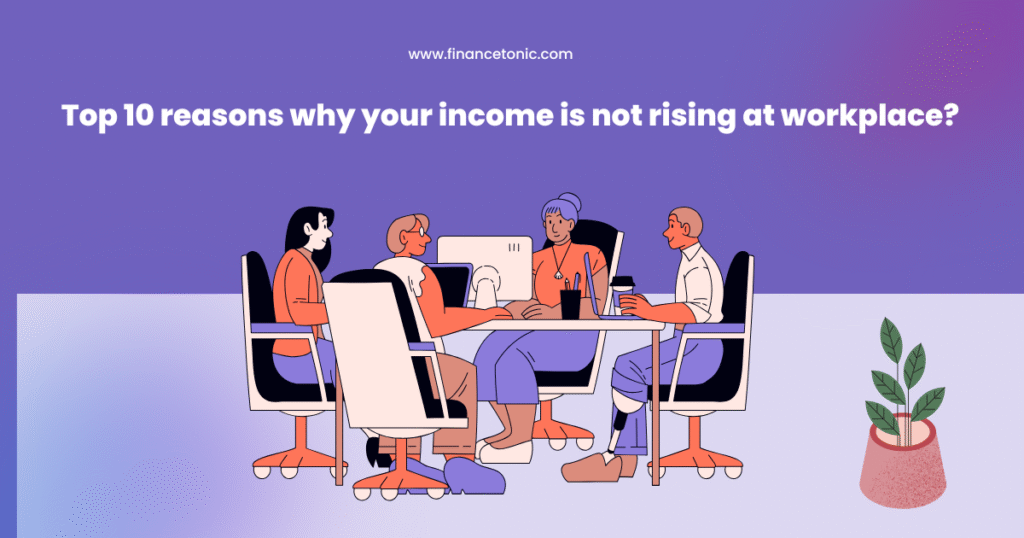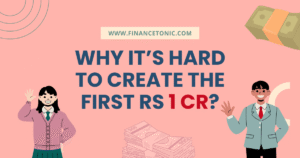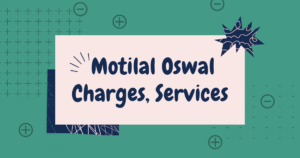Let us reset for a minute and think of financial freedom or rather rethink it!
Most of us, at some point, have paused in the middle of a hectic workday and wondered – What is all this really for? Is it for the next raise, the upgraded car, the retirement corpus? Or is it for something quieter and more personal, perhaps for that sense of peace, the ability to sleep well at night, the freedom to spend a weekday afternoon painting or gardening without guilt?
Therefore the questions we are asking – Is financial freedom the ultimate objective of personal finance? How much is enough to say we are free? How and when do we know?
The money questions that bother us can vary with our circumstances. When we begin to earn our first incomes, the newfound financial independence makes us heady. The freedom to spend seems so much more important than dealing with the question of whether there is enough money for the future. Building wealth is not so much on our minds as our financial decisions are focused on spending.
The middle years are somewhat divided between earnings and wealth. We worry whether we are earning enough, if our colleague is getting a higher raise than us, the neighbour living better than us, and others flaunting their wealth to show they have more than us. These are things that bother many of us. Our focus is on whether we are doing enough—earning or saving.
In the latter years, wealth matters more than income. Questions on financial independence take centre stage when we know we may no longer earn an income. We like to ensure we have enough and won’t depend financially on someone else after retirement. We are fine with more wealth, and the power to pass it on to our heirs. However, we dislike the idea of outliving our wealth and want to avoid it anyhow.

Definitions vary with age
These are generalisations. Financial freedom may not have the same meaning for everyone, or even for the same person at different points in time. Not having supervision and controls to spend as one wishes might represent freedom to a young earner; paying off the home loan and having no borrowings on the book may mean freedom to a middle-aged person; not having to ask anyone for money for any routine need might mean freedom to the retired.
Thus, the textbook definition of financial freedom is to have enough wealth so that one keeps earning the income one needs from the wealth one has accumulated. This is essentially a ‘save to build a large enough corpus’ view of financial freedom. We can stop working if we know we have enough – inherited or earned, saved and invested. This equation can be mathematically worked out, by plugging in assumed rates of accretion and growth for wealth and expenses over an assumed number of years. Technically, one can stop working for income if one’s wealth reaches the target amount.
Spending on what matters
The question of spending on what matters is likely best answered by someone who is close to retirement age or has already retired, because they can see what they have and what they will use. Control over financial decisions provides a semblance of freedom. There is a sense of accomplishment of having built wealth over time. There is awareness about spending patterns and the ability to control expenses. The only unknowns are unexpected events that can impact the market value of wealth, or the nature of expenses. In reality, there is control and confidence more than there is financial freedom.
Now, let us consider the case of the 35-year-old woman. She inherited the property she lives in and chose to rent out one of its two floors. The property is her wealth and the rent is her income. She studied to be an engineer as her parents forced her into it. What she loves doing is painting, travelling, writing, and caring for animals. She dislikes her job and does not care much for the salary it brings her. Her question – how she can become financially free.
We tend to frame such questions in terms of income and wealth. This is only half the story. Financial freedom is lost if we are unable to spend on what matters to us. Getting it right is tougher. Spending is a matter of preference and desire. For some financial freedom meant buying clothes one likes without checking the price tag again and again. Sounds vain, but it is profound. It hurts to not have money to spend on things we care about. This freedom is what we desire – doing as we please with the money we have, with reasonable control and responsibility.
The masses in India who have been pulled out of poverty and middle class existence celebrate financial freedom by spending on what matters to them. Consumption of proteins, fruits and vegetables has moved up in the common man’s everyday plate. Each occasion to celebrate is marked by spending that would have been considered lavish, extravagant and ostentatious not many years ago. Financial freedom manifests as spending. That is why math must consider the future spending patterns rather than the future income patterns.

Wealth vs. Well-being: A Shift in Mindset
But what if financial success is not just about being able to spend? What if it’s about needing to spend less and still feeling full?
Take 43-year-old Karthik, a former marketing executive in Bengaluru who traded his corporate job and upscale apartment for a small homestay in Coorg. After years of burnout, he realised his real wealth was peace and time. He now grows some of his own food, earns modestly from tourists, and lives without EMIs or credit card debt. Ask him if he’s financially free, and he’ll say: “I may not have crores in the bank, but I finally have a life I don’t want to escape from.”
Or meet Asha and Mehul, a couple in their 50s who sold their Mumbai flat and moved to a quieter, smaller town in Gujarat. They ditched the city’s pressure to earn more for a simpler life where their expenses dropped by half. Their retirement corpus didn’t suddenly balloon but their stress levels shrank. They now consider themselves “comfortable,” not “rich,” but far happier.
These are stories of people who’ve chosen well-being over wealth, or rather, found their version of wealth in well-being. They’re not anti-money, but they’re pro-choice. Their freedom stems not from excess, but from enough and the clarity to know what enough means for them.
The Last Bit, The Real Question Is Not How Much You Have, But What You Need
Financial freedom, then, isn’t a one-size-fits-all number.
It is a moving target shaped by life stage, lifestyle, and personal values. It is not just a mathematical equation, it’s an emotional, psychological, and even philosophical one.
The Airbnb host may never love her engineering job, but if she aligns her passions with a sustainable lifestyle and earns enough to meet her meaningful needs, she’s closer to freedom than she thinks.
Maybe the ultimate financial goal is not to build a life of luxury, but one of alignment – a life where your time, money, and values don’t compete but complement each other!


